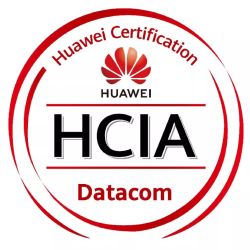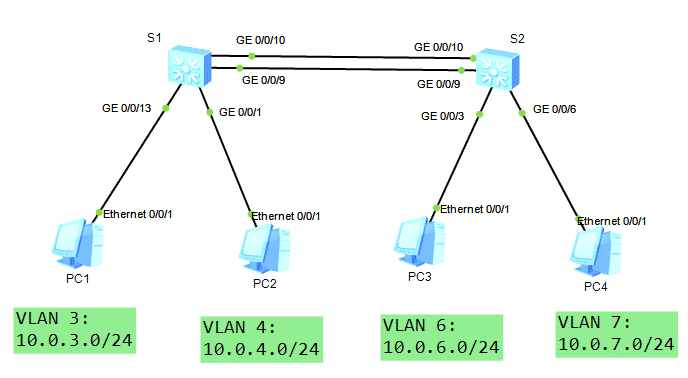Huawei HCIA Datacom

The Huawei HCIA Datacom Course is designed to train participants in the field of Data Communication. This course covers a wide range of topics, including routing and switching principles, WLAN basics, network security, network management and operations, as well as the basics of Software-Defined Networking (SDN) and programming automation. Participants will gain essential skills in planning, designing, implementing, and optimizing small and medium-sized networks. During the course, participants will explore various aspects of data communication, such as network reference models, the basics of Huawei's VRP system, and IPv4 IP addressing concepts. They will also delve into understanding the forwarding principles of Layer 3 devices, such as Layer 3 routers and switches, and study routing concepts, including static routing and OSPF. The course also covers Ethernet fundamentals, common Ethernet protocols such as VLAN, Spanning Tree Protocol, link aggregation, and switch stacking. A special focus is placed on network security, with ACL and AAA configurations to provide basic security solutions, and on the management of common network services such as DHCP, FTP, and Telnet. Participants will also learn the basic concepts of WLAN and WAN networks, with a special focus on WAN solutions such as MPLS and SR, and will acquire general knowledge on the management of enterprise networks, both traditional and SDN-based. The Course contributes to the preparation of the Huawei HCIA Datacom Certification exam.
Course Objectives
Below is a summary of the main objectives of the Huawei HCIA Datacom Course :
- Gain a thorough understanding of routing and switching principles.
- Learn the basics of WLANs and how to set up small to medium-sized WLANs.
- Develop skills in network security, including configuring ACLs and AAAs.
- Understand and configure common network services such as DHCP, FTP, and Telnet.
- Learn the concepts of SDN and network automation.
- Implement and troubleshoot virtualization technologies in networking.
- Configure and manage IPv6 networks and address schemes.
- Gain proficiency in network monitoring and performance optimization techniques.
Course Certification
This course helps you prepare to take the:
Huawei HCIA Datacom Exam
Course Outline
Module 1: Data Communication and Network Basics
- Basics of Data Communication Networks
- Network Reference Model
- Huawei VRP Basics
Module 2: Constructing an Interconnected IP Network
- Network Layer Protocol and IP Addressing
- IP Routing Basics
- OSPF Basics
Module 3: Constructing an Ethernet Switching Network
- Ethernet Switching Basics
- VLAN Principles and Configuration
- Spanning Tree Protocol
- Ethernet Link Aggregation and Switch Stacking
- Implements Communication Between VLANs
Module 4: Network Security and Network Access Basics
- ACL Principles and Configuration
- AAA Principles and Configuration
- NAT Basics
Module 5: Network Services and Applications
- Principles of TFTP, FTP, DHCP, and HTTP
- FTP and DHCP Configuration
Module 6: WLAN Basics
- Basic Concepts of WLAN and History of 802.11 Protocol Suite
- WLAN Devices
- WLAN Networking Mode
- WLAN Working Process
- Basic WLAN Configuration
Module 7: WAN Basics
- Basic WAN Concepts
- Common WAN Technologies
- Working Principles of PPP and PPPoE
- Configuring PPP and PPPoE
- Basic Concepts of MPLS/SR
Module 8: Network Management and O&M
- Basic Concepts of the NMS and O&M
- Common NMS and O&M Methods and Tools
- Working Principle of SNMP
- SDN-based NMS and O&M Solution
Module 9: IPv6 Basics
- Comparison Between IPv6 and IPv4
- IPv6 Basic Concepts
- Format and Principle of the IPv6 Packet Header
- IPv6 Address Format and Address Type
- IPv6 Address Configuration Method and Procedure
- Static and Dynamic IPv6 Address Configuration
- IPv6 Static Route Configuration
Module 10: SDN and Automation Basics
- SDN and NFV Basics
- Network Programming and Automation
Module 11: Typical Campus Network Architectures and Practices
- Campus Network Architecture
- Campus Network Lifecycle
- Campus Network Construction Cases
- Campus Network Construction Practice
Course Mode
Instructor-Led Remote Live Classroom Training;
Trainers
Trainers are Huawei Academ accredited instructors and certified in other IT technologies, with years of practical experience in the sector and in training.
Lab Topology
For all types of delivery, the participant can access the equipment and actual systems in our laboratories or directly in international data centers remotely, 24/7. Each participant has access to implement various configurations, Thus immediately applying the theory learned. Below are some scenarios drawn from laboratory activities.

Course Details
Course Prerequisites
- There are no prerequisites.
Course Duration
Intensive duration 5 days;
Course Frequency
Course Duration: 5 days (9.00 to 17.00) - Ask for other types of attendance.
Course Date
- Huawei HCIA Datacom Course (Formula Intensiva) – On Request – 9:00 – 17:00
Steps to Enroll
Registration takes place by asking to be contacted from the following link, or by contacting the office at the international number +355 45 301 313 or by sending a request to the email info@hadartraining.com


